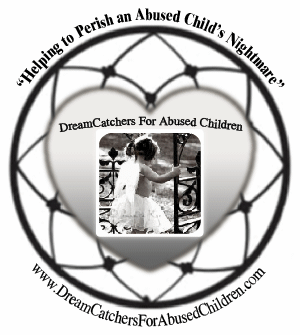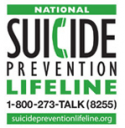Abuse & Drugs
Child Abuse and Drug Addiction
Research has repeatedly demonstrated the role of childhood trauma and abuse in the formation of substance abuse, alcoholism and drug addiction. Genetic components of drug addiction become exacerbated by the emotional, psychological and internal trauma child abuse survivors experience – often perpetrated by trusted adults and guardians. Unfortunately, these traumatic wounds can lead survivors of child abuse to seek emotional relief and self-medicate well into adulthood, in an attempt to cope with trauma through nicotine, drug and alcohol use. Drug abuse rehab centers often report high rates of childhood trauma in substance abuse victims.
The Prevalence of Child Abuse in America
Child abuse remains a relatively silent epidemic across the United States, with estimates suggesting the more than 2.5 million documented and reported cases only represent a fraction of abusive occurrences suffered by children. Among children who suffer child abuse, more than 30 percent survive severe and recurrent instances of abuse, involving repetitious blows, slaps, kicks or even punches. In response, children develop coping mechanisms in an attempt to survive emotionally and physically – including hyper vigilant behavior, phobias, codependency and dissociation – in addition to drug and alcohol dependency issues.
The Link Between Child Abuse, Alcoholism and Drug Addiction
According to a breakthrough quantitative study published in the early 1980s, 84 percent of drug-addicted and alcoholic individuals currently undergoing addiction treatment experienced child abuse or child neglect during their formative years. Further research studies have underscored the connection between substance abuse, addiction and childhood abuse. According to a 1998 study by the National Institute on Drug Abuse (NIDA), a staggering two out of three individuals currently receiving drug addiction recovery treatment self-report surviving childhood abuse.
The long-term consequences of childhood physical, sexual and neglect-based abuse continue to affect individuals long beyond the formative years themselves, with research continuing to demonstrate higher likelihoods of alcohol, nicotine and drug use among those who have been abused during childhood, according to the U.S. Department of Health and Human Services. Studies have also shown that child abuse survivors are nearly 190 percent more apt to develop drug addiction issues in their lifetimes.
Child Abuse as a Factor in Dual Diagnosis Addiction
Many psychological disorders and mental health conditions can trace back to childhood abuse, as children attempt to survive and thrive in abusive environments. In addition to instances of post-traumatic stress disorder (PTSD), childhood abuse can be a causal or contributing factor in the development of borderline personality disorder (BPD), dissociative identity disorder (DID), clinical depression, generalized anxiety disorder (GAD), self-injury and eating disorders such as anorexia, bulimia and compulsive eating.
In fact, many individuals who have suffered childhood abuse and neglect also face co-occurring disorders (known as cases of “Dual Diagnosis”) during adulthood, compounding struggles with drug and alcohol addiction – particularly among women. A Harvard Medical School historical study funded by NIDA found that child abuse was frequently named as the source of post-traumatic stress disorder (PTSD) among women with drug abuse issues.
A review of nearly 50 studies of addiction and PTSD in women showed that among adult females treated for drug addiction, 30 to 59 percent also suffered from the dissociative anxiety disorder – alarmingly, at a rate twice to three times as high as men struggling with drug addiction. Ultimately, at least half of the women who experienced PTSD and drug addiction had experienced physical or sexual abuse, the stark majority occurring during the childhood years. Women who experienced both sexual and physical abuse during childhood became 100 percent more likely to abuse and become addicted to drugs.
START YOUR RECOVERY TODAY ~ CLICK THE LINK BELOW:
Alta Mira Recovery Programs in San Francisco




















![Validate my RSS feed [Valid RSS]](http://dreamcatchersforabusedchildren.com/wp-content/uploads/2009/10/valid-rss.png)











